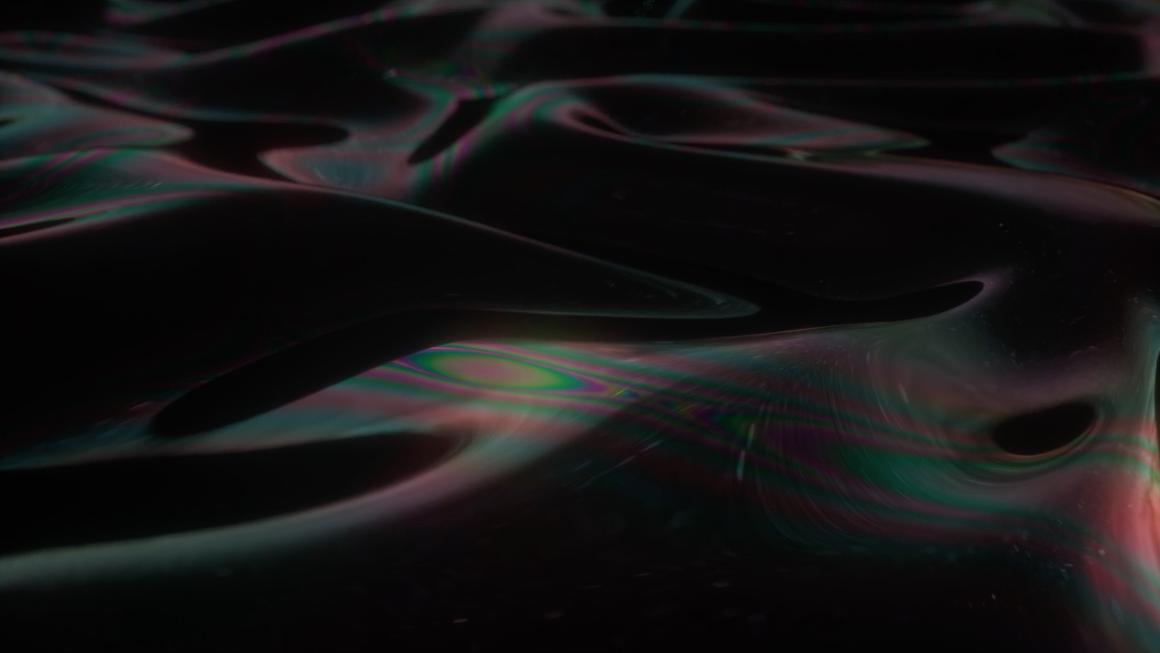
Institutions of memory, including museums and archives, come to define what histories are preserved and how they are narrated. This roundtable considers the effects of these institutions and their collections on how witches and those accused of witchcraft are remembered.
Marisa Karyl Franz looks to museums, where collections of magic and witchcraft tend to be relegated to things explicitly expressing a recognized materiality of magic—grimoires, amulets, divination materials—or relics of racialized classifications of magic and witchcraft as the ‘primitive’ religious materiality of a colonized elsewhere. Drawing on queer theories in museum studies and object-oriented material studies, she proposes a re-evaluation of museum collections to consider a multiplicity of identities within material things.
Mandy Gutmann-Gonzalez uses 17th century court records of the Salem Witch Trials as a sounding board, considering the court examination as poetic form, a hybrid of legal language and lyric utterance. They investigate the language of fear and coercion in these texts to unearth how white supremacy and misogyny operate, cementing themselves in a colony and continuing to metastasize in our current settler-colonial reality.
Julia DaSilva also turns to witch hunts, putting them in conversation with the Cold War “Lavender Scare” to explore two examples of state necropolitics and their policing of gender roles. This exploration is furthered on the level of form by interweaving a series of love poems exchanged, despite the impossibilities of time and space, between an early modern “witch” and a woman in mid-century America, in which the “moment” presented as impossible under capitalist patriarchy is recognized possible.
Please Note: this event will be recorded.
Institutions of memory, including museums and archives, come to define what histories are preserved and how they are narrated. This roundtable considers the effects of these institutions and their collections on how witches and those accused of witchcraft are remembered.
Marisa Karyl Franz looks to museums, where collections of magic and witchcraft tend to be relegated to things explicitly expressing a recognized materiality of magic—grimoires, amulets, divination materials—or relics of racialized classifications of magic and witchcraft as the ‘primitive’ religious materiality of a colonized elsewhere. Drawing on queer theories in museum studies and object-oriented material studies, she proposes a re-evaluation of museum collections to consider a multiplicity of identities within material things.
Mandy Gutmann-Gonzalez uses 17th century court records of the Salem Witch Trials as a sounding board, considering the court examination as poetic form, a hybrid of legal language and lyric utterance. They investigate the language of fear and coercion in these texts to unearth how white supremacy and misogyny operate, cementing themselves in a colony and continuing to metastasize in our current settler-colonial reality.
Julia DaSilva also turns to witch hunts, putting them in conversation with the Cold War “Lavender Scare” to explore two examples of state necropolitics and their policing of gender roles. This exploration is furthered on the level of form by interweaving a series of love poems exchanged, despite the impossibilities of time and space, between an early modern “witch” and a woman in mid-century America, in which the “moment” presented as impossible under capitalist patriarchy is recognized possible.
Please Note: this event will be recorded.